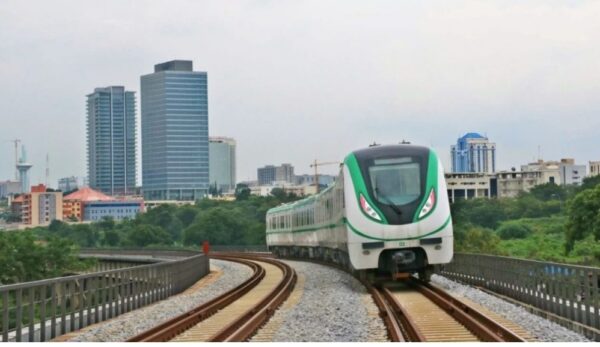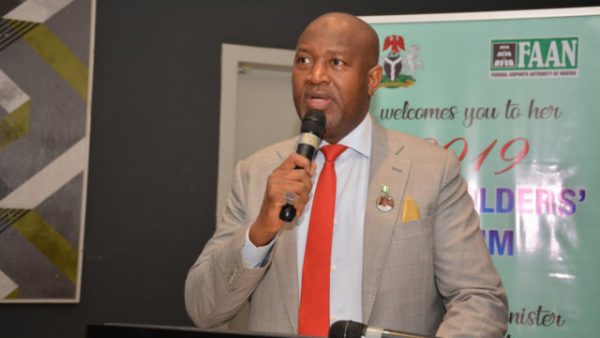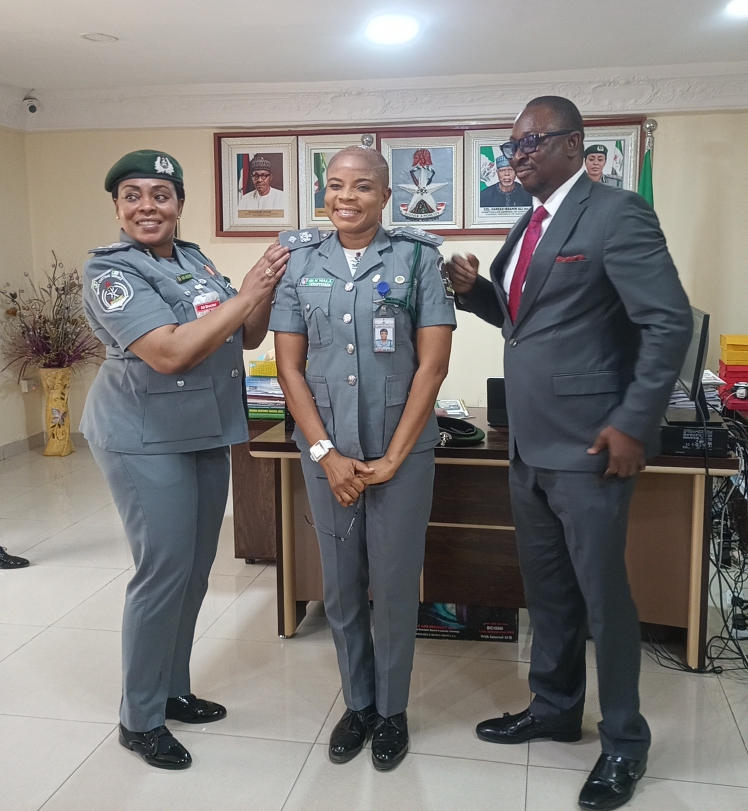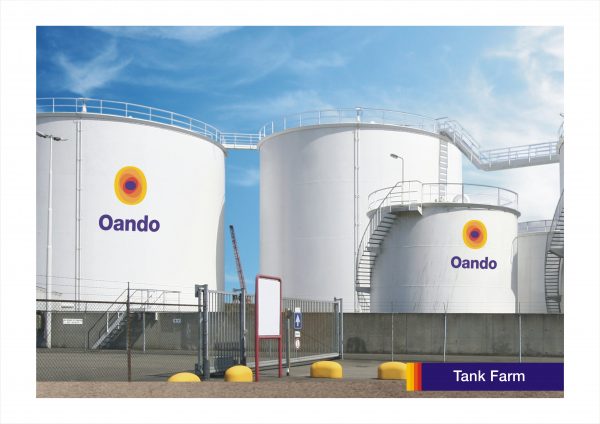Revenue: Customs Generates N1.5bn Daily – Ali
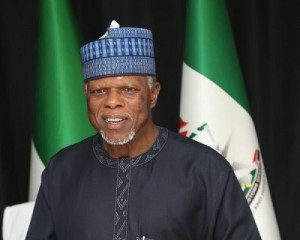
The Comptroller-General of Customs, Col. Hameed Ali (rtd.), has disclosed that the Nigeria Customs Service (NCS) generates between N1 billion and N1.5billion on a daily basis through various import duties.
Ali stated this on Thursday when he paid a courtesy visit to the Chief of Naval Staff (CNS), Vice Admiral Ibok-Ete Ibas, at the Naval Headquarters in Abuja.
He said the NCS as presently constituted with limited facilities to carry out its duties, lacks the capacity to generate the needed revenue for the country and will therefore require the assistance of the Nigerian Navy.
Also, the service disclosed that it would re-open the Gamboru and Banke border posts in Maiduguri, Borno State, years after the positions were temporarily abandoned following deadly attacks by Boko Haram
The Comptroller-General noted that apart from the daily revenue generation, the nation loses billions of naira during most of its numerous public holidays.
He said: “Part of our job on trade certification is dependent on the navy, the more we get the more likely our revenue rises.
“Any day we declare public holiday we lose money, in practical terms the customs, our ports generates about N1 billion to N1.5 billion a day, so any day they say public holiday that is N1.5 billion gone. And Nigerians love holidays, if Christmas falls on Saturday we will say we want to have Monday as holiday but to us it’s a pain because we are now looking at it in terms of raw cash.”
Ali lamented that the customs marine command “is depleted and the few ones that are trained have now been retired and we are now in a state that we really need to train these people; which we can only have that from the Navy.
“If you oblige us, there are young talented people that I’m sure they will be trained for them to effectively do their job.”
To this end, Ali said the customs under his leadership was reaching out to their strategic partners in the sector, especially Nigeria Navy, to be able to generate more revenue and provide better services.
The customs boss listed the areas they would need partnership and assistance from the Navy, including running of the two newly acquired marine boats and patrolling the waterside.
Secondly, he said:, “We will ask for the training of our men as we go along, so that we have people that would know exactly what to do when they are in those waters and know exactly what to look for, so that if they see what they are looking for how do they go about arresting the situation.
“We will subject our people for training and retaining, we will request that some of your personnel come on board with them from time to time so that they show us practically terms how this thing should be done”.
Ali said such learning, training and retraining was necessary for the agency, noting that he is even yet to master the technical know-how required to supervise NCS.
“The customs cannot claim expertise than you, we will request in that area if we can get support in terms of training, in terms of even inspecting our boats and certifying that it is enough for the job.
“I am learning to be a customs officer, it’s so technical that I have decided to go back to school. I am reading now than more than I am in the university I am to digest and understand and lead,” he said.
He continued: “We realise that resources is a problem to all of us. We are today one of the major revenue collectors in the sense that oil is dwindling, certainly we cannot depend on oil, and for the customs to be able to meet its target we need trade facilitations, which now means that our water ways must be accessible to ships, our waterways must be accessible to traders who want to bring in goods, it must be accessible to investors who want to bring in their technical know-how.”
Speaking further CGC, proposed a “forum where the armed forces and the paramilitary will create a platform interact from time to time at the apex and also middle level so that anything that comes up we will quickly digest it and know who specifically should do it, which makes it easier to accomplish our tasks.
“Today’s threats are both internal and external, cattle rustling now has become a big phenomenon, smuggling too is a big issue”.
Responding, Ibas agreed that the nation is faced with serious challenges, key amongst which is the dwindling revenue, “and since the customs is one of the pillars through which the nation depend it is therefore imperative that we do things differently to help us as a nation survive”.
He however noted that in recent times, the challenges in the maritime environment have expanded from smuggling to pipelines vandalism, piracy, oil smuggling, crude oil theft and other vices.
“We have over 3000 creeks and estuaries that need to be covered, most of our imports are being diverted either because of policies that are not favourable to importers, these I will request that you look at so as to encourage imports to be directed to Nigeria so that the necessary revenues that we are missing will be able to come back to us,” he revealed.
As a result, the CNS harped on the need to strengthen the agencies intelligence sharing, saying that “navy cannot be in all the creeks at all the times, and want to believe that your men who are there will be able to share the relevant information with us with regards to shipping activities that they say are detrimental to the national economy”.
Ibas also called the attention of Custom’s boss about an Island off the coast of Badagry, Lagos, which he noted “is just by the Nigeria-Benin Republic border at the tongue island in Badagry”.
He employed the CGC “to consider that island as a strategic Island to Nigeria and perhaps to consider emplacing your men there so that the operation covers there because I know that that is one area that smuggling of small arms can thrive in.”
Meanwhile, the re- opening of the two strategic border posts followed the relative calm and normalcy that had returned to the area following sustained disarmament by the military operations in the zone.
The resolve re-established the customs border posts was jointly agreed during a courtesy visit by Comptroller- General of Customs (CGC), Col. Hameed Ali (rtd) to the Chief of Army Staff, Lt. Gen. T.Y Buratai at the army defence headquarters in Abuja as part of a three-day working visit to customs key stakeholders.
Speaking to journalist briefly after the meeting, Ali said:”Yes we have agreed on re- opening of the shut border. We wanted to know the challenges and what he is ready to do and as much as we asked him to do certain things for us , we look at the atmosphere, the enabling environment for our people to operate. So will consider re- opening of the border posts.”
The Chief of Army Staff had earlier given an update on military onslaught against insurgent in the Northeast and requested for the re-opening of closed border posts in Gamboru and Banki, noting that the areas were now calm and safe.
Buratai had also solicited the cooperation of customs boss in fast tracking prompt clearing of large container of arms being shipped from abroad to the country in a day or two for onward transfer to North East to reinforce military operations against Boko Harram.
In a related development, the Inspector-General of Police, IGP Solomon Arase, last week renewed old ties with the Nigeria Customs Service.
This partnership, according to a release signed by the Force spokesperson, Olabisi Kolawole, Assistant Commissioner of Police, is aimed at cooperating with the Customs in tackling border crimes and advancing the capacity of the Service in realising its core mandate.
Kolawole said the relationship became fruitful when the Comptroller-General of Customs, Ali, paid a courtesy call on Nigeria Police leadership in Abuja.
Ali who was at the Force Headquarters with other senior officers of the Service, used the occasion not only to renew their relationship, but also to seek police partnership in the area of information sharing, tackling border-related crimes, smuggling and improving on the revenue drive capacity of the Customs.
In his response, Arase promised to improve on the existing level of intelligence sharing with the Customs and to extend training opportunities to personnel of the Service towards building the capacity of Customs personnel as they strive to attain their mandate.




